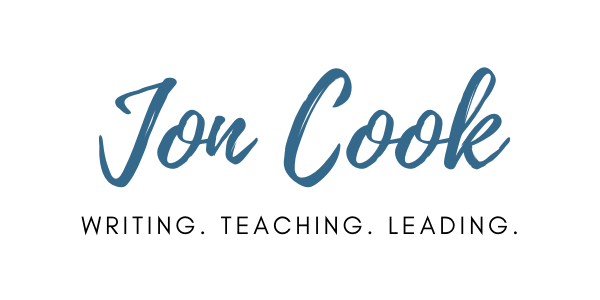Broccoli stinks.
No, seriously, broccoli stinks when it’s cooked. It doesn’t smell nearly as good as fresh-baked chocolate chip cookies. And yet, broccoli has far more health benefits than a Toll House cookie. Your stomach says yes to the cookie, but your mind (and your doctor) say, “You should probably have some broccoli.”
There are so many benefits to reading. Michael Hyatt shares about the five ways reading makes you a better leader. I’ve personally shared before about reading to succeed. Reading is a fantastic way to grow your mind, challenge your perspective, and mature your thought process. It needs to be the right type of reading to provide the benefits your brain needs.
Reading fluff novels is like cotton candy for your brain: it’s enjoyable, but not sustainable or nutritious. Not all fiction is fluff, not by a long shot, but much of fluff reading is fiction-based. Your reading diet is just as important as a well-rounded physical diet. You need to read your veggies.
Benefits of nonfiction reading
The average child in the U.S. spends less than four minutes a day reading nonfiction. (ASCD) Research shows that reading nonfiction over fiction/narrative has a dramatic impact on comprehension tests and aptitude placement for college courses.
I’m in the middle of six books right now, only one of which is fiction. My brain is being stretched in several directions and I’m loving it. Is the reading easy? No. Is it always enjoyable? Honestly, sometimes it’s a little boring (like broccoli), but I’m able to recall specific parts of my reading in meetings and during projects that’s helping me in tremendous ways. Vitamin-rich veggies aren’t sexy, but they are beneficial.
How to change your reading regimen
How-to books, historical accounts, biographies, philosophy, psychology, theology, these are all great examples of literary veggies. Nonfiction is the salad bar of the book world: eat more greens! Your mind will benefit from the verbal vitamins that drop from the pages of good books. If you have a solid reading diet feeding your mind, that’s when you can also enjoy a little dessert in some fluff reading.
Changing your reading diet is a lot like changing your diet. If you do a crash diet, your body will react. If you put down Twilight and start three philosophy books, your brain will hate you. Guaranteed.
Start slow and make minor changes over a long period of time. Maybe you start with reading a chapter a night or every other night in a more challenging book. Whatever your new process is, stick with it and feed your brain the information it needs to thrive. You will think more clearly, process more proficiently, and articulate your perspective more efficiently with a better reading regimen.

